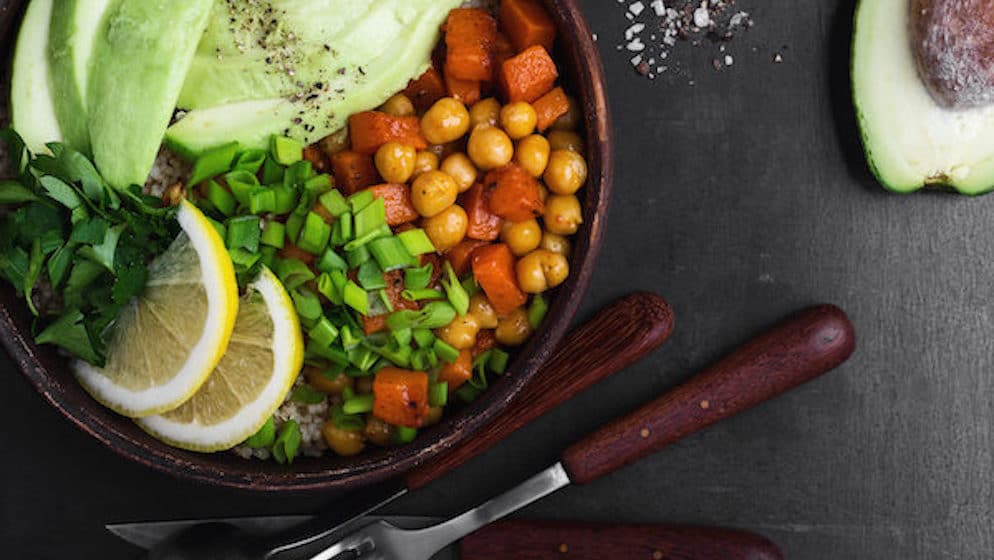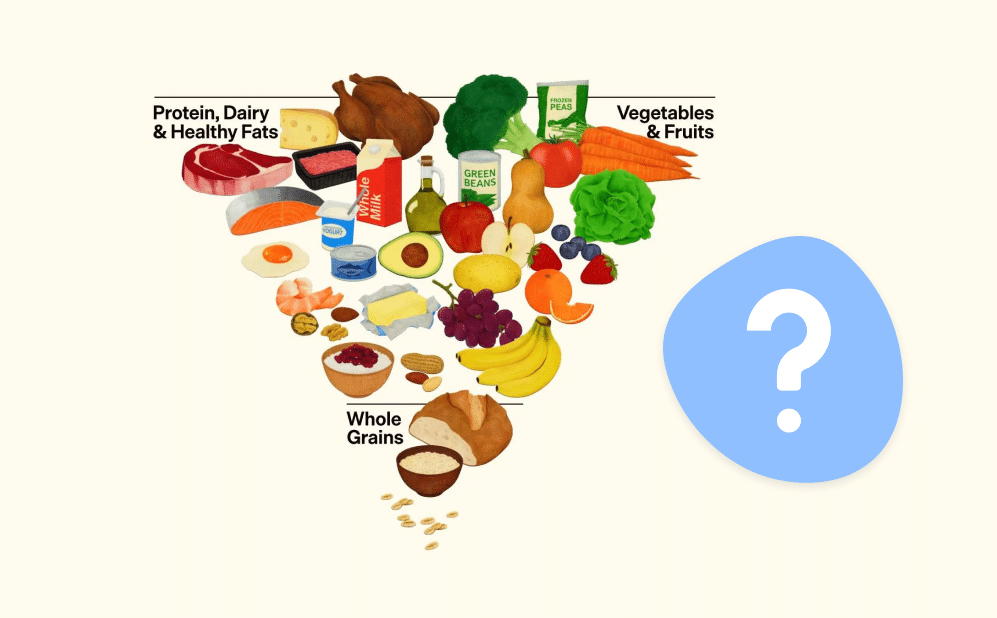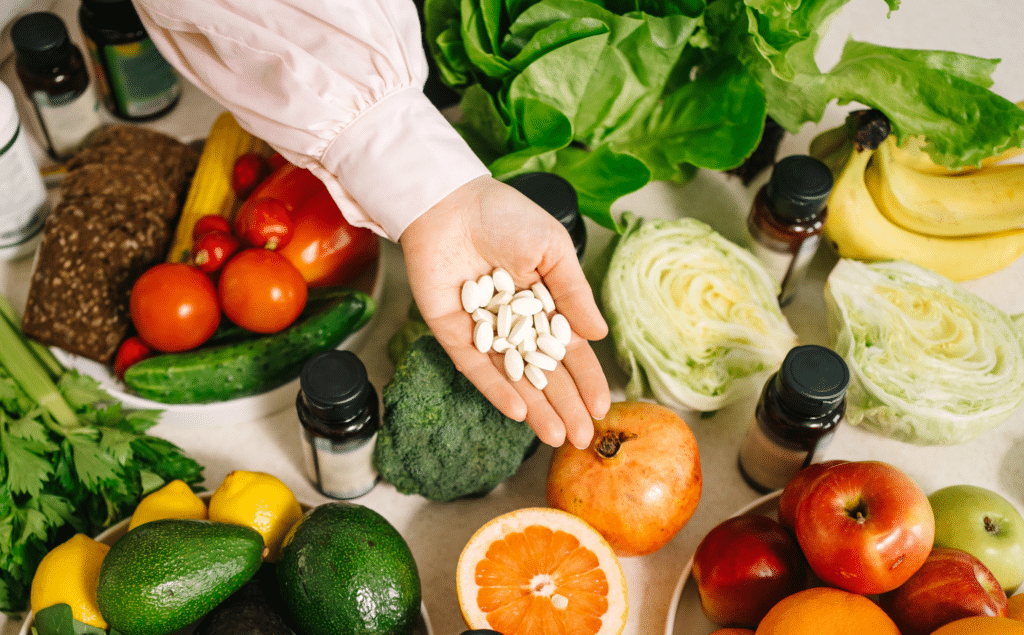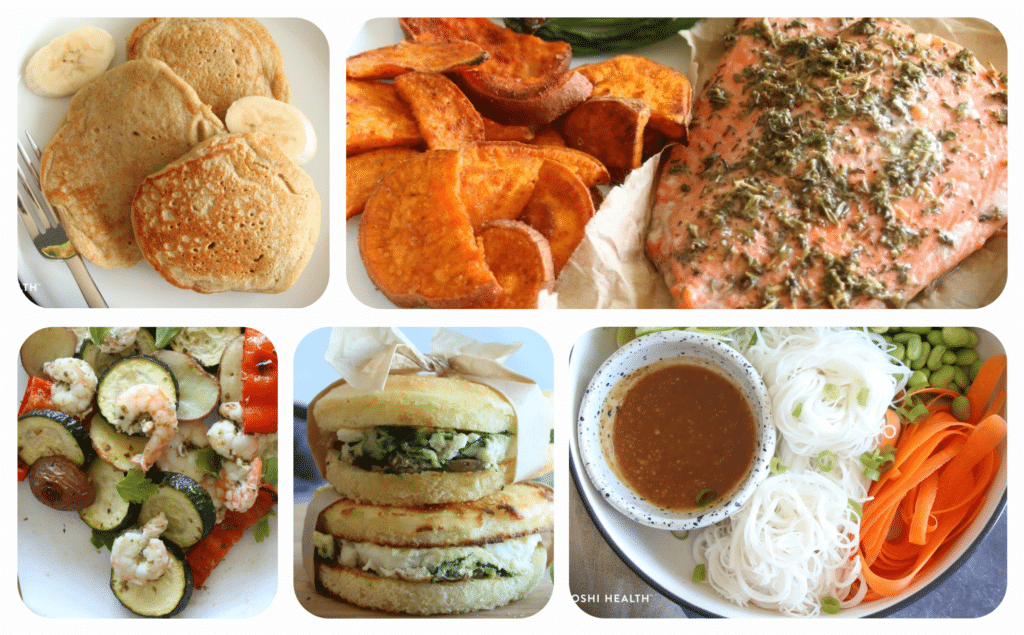When you have an inflammatory bowel disease (IBD), like Crohn’s or ulcerative colitis, the foods you eat can influence how you feel. To complicate matters, dietary advice for IBD differs if you have disease symptoms (in a flare), are feeling well (in remission), or are somewhere in between. And it’s very personal—there’s no one-size-fits-all approach—but research has found that certain foods can be beneficial, while others may worsen symptoms.
The best foods for you will probably change depending on how you feel. But generally speaking, it can help to eat—and in some cases avoid—the following foods when you have IBD. And, for more tailored nutrition guidance to best meet your individual needs, consider working with a GI registered dietitian.
Eat: Veggies
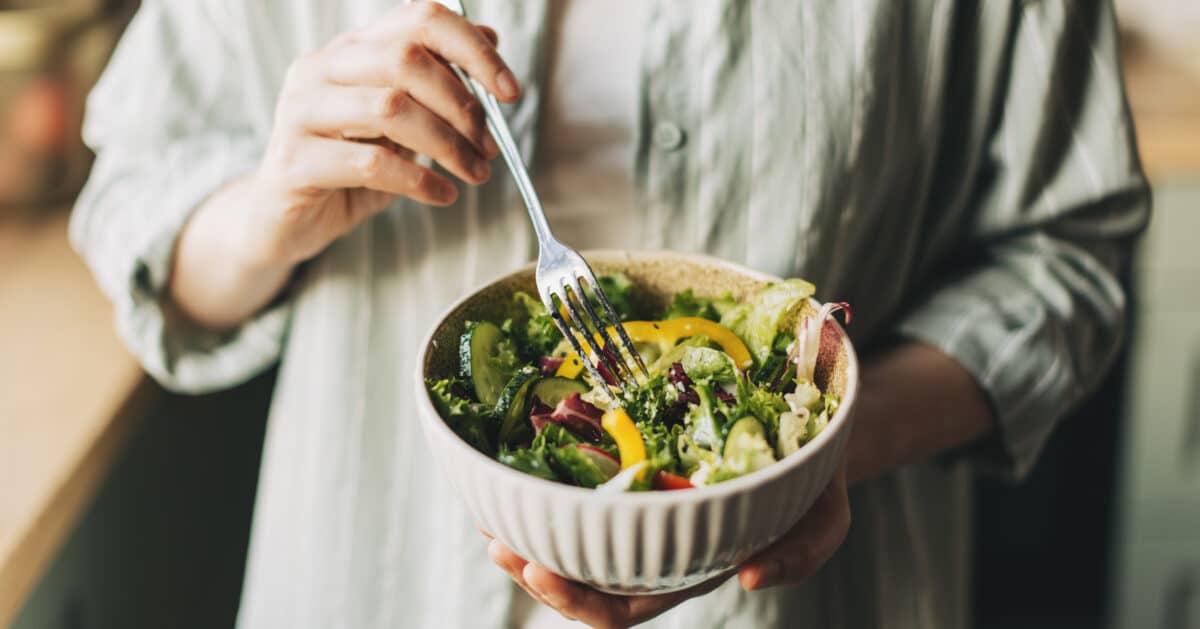
Vegetables are an excellent source of dietary fiber, which helps aid digestion, and are a great source of key vitamins and minerals. Most people in the United States don’t get enough fiber in their daily diets, and a diet rich in plant foods is helpful for a healthy, happy, gut.
For IBD patients who are experiencing a disease flare, whole vegetables, leafy greens and raw vegetables can be irritating to an inflamed gut. A GI Registered Dietitian can help steer you to preparations which may go down easier, like soups, purees, and smoothies to start, followed by softer cooked vegetables as you begin to feel better.
Eat: Fruits
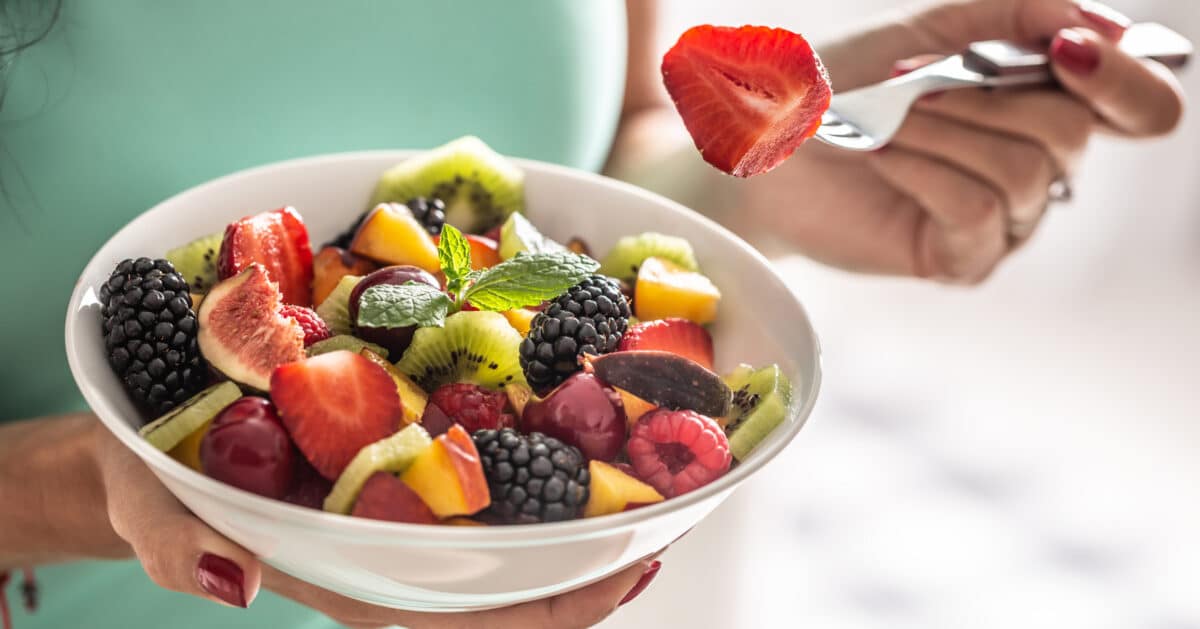
Fruits are another quality source of fiber and nutrients to include in your IBD diet. When you aren’t in a flare, you may find that you can tolerate most fruits well, including higher fiber choices like berries and whole fruits, skin, seeds, and all. If you are in a flare, or if you’re more sensitive to textures, lean on softer, less fibrous options, like melons, bananas, mangos. You may want to opt for smaller portions and softer preparations, like peeled fruit cut into small bites (apples and pears), cooked fruit (compotes and sauces), or the ever-popular smoothie.
Eat: Grains
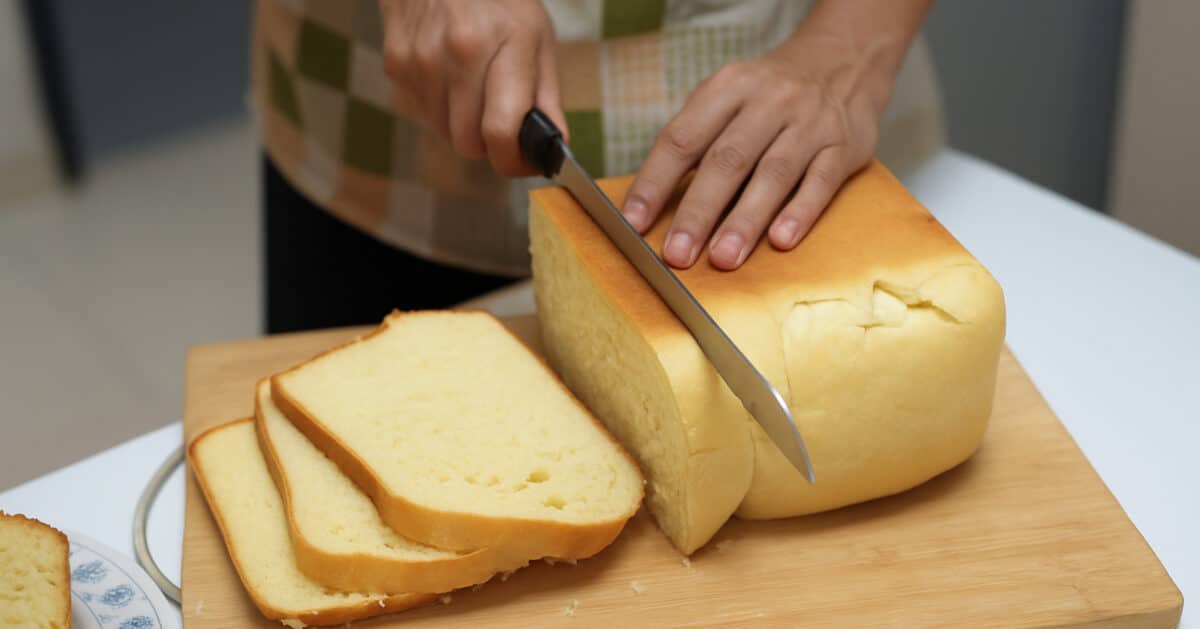
Grains, like bread, rice, pasta, and barley, are essential sources of fiber, B-vitamins, iron, magnesium, and selenium. When you’re feeling well, be sure to incorporate plenty of whole grains in your diet: brown rice, whole grain bread, farro, and quinoa. If you have inflammatory bowel disease symptoms, you might do better with white rice, white bread, and of course, oats, which are a great source of soluble fiber with many different preparation options.
Eat: Protein
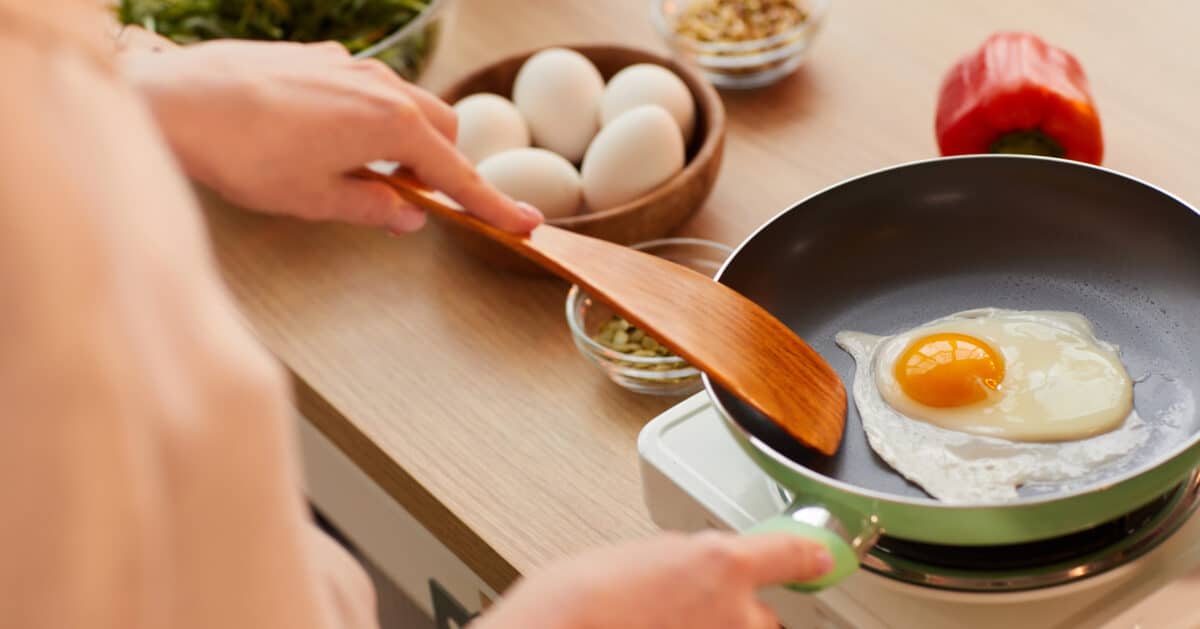
Protein is another important component of a healthy diet for IBD. You can get your daily intake of protein from a variety of sources, like lean meat, eggs, fish, poultry, and dairy. Nuts and seeds are good protein sources, and seed and nut butter are good choices if you’re experiencing symptoms.
Limit: Caffeine

Caffeine is a stimulant, and too much can both irritate and stimulate the digestive tract. Caffeine often accelerates feelings of urgency and abdominal pain. People with IBD may be advised to avoid coffee, soda, tea, and chocolate or watch their intake.
Limit: Alcohol

Like caffeine, alcohol is another gastrointestinal irritant, meaning it can lead to increased bowel movements — and it can also be dehydrating. Talk to your doctor about which medications you’re taking, as alcohol should be avoided with certain drugs. Otherwise, stick with the general recommendations of no more than one drink per day for women; two for men.
Limit: Fatty foods
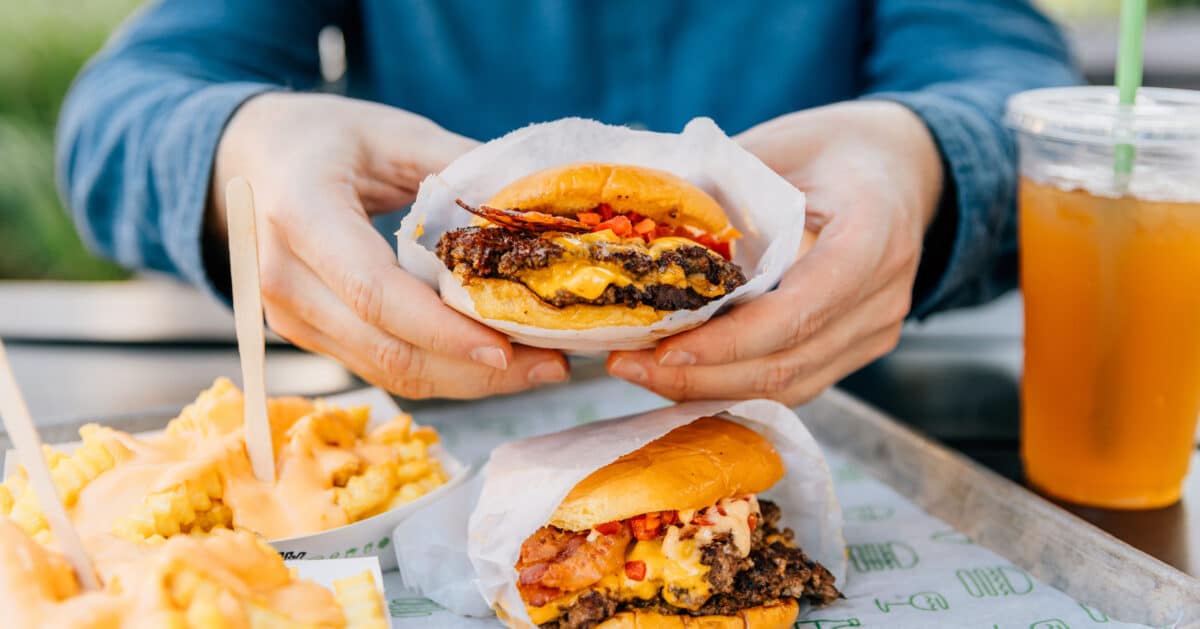
When you have IBD, it’s important to focus on nutrition — which means limiting fast food and processed foods. Greasy food, high-fat food, and heavily processed food can also accelerate digestion and make symptoms like diarrhea, urgency, gas, and bloating worse. Avoiding fast food and opting for leaner foods can often lead to fewer symptoms.
Limit: Lactose, if necessary
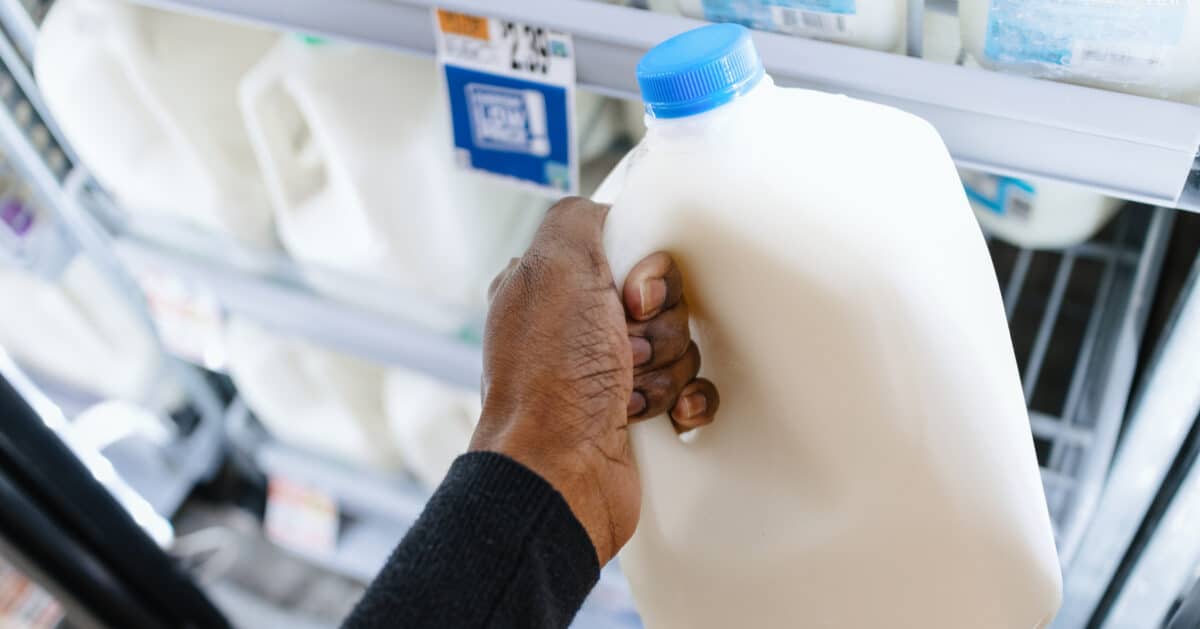
Many people with IBD can enjoy dairy products (milk, yogurt, butter, and cheese) without issue. Dairy products are part of a healthy diet, and contain protein, calcium, and vitamin D. For people who are lactose intolerant, or who have a tough time with dairy during a flare, lactose-free or low-lactose dairy (like aged cheeses, kefir, Greek yogurt or lactose-free milk) options are better choices.
Embrace trial and error—with support
When it comes to eating with IBD, what works for some may not work for others. Food choices are a very individualized thing, and it can take time to figure out which foods are best for you. Work with your GI provider and GI Registered Dietitian to find the best options for you, and don’t be afraid to vary your diet as your needs change.
Oshi is your partner in digestive health
Feel like your digestive concerns are running your life? You’re not alone—and we’re here to help you find lasting relief.
Oshi Health GI providers, gut-brain specialists, and registered dietitians work together to address your symptoms and find solutions that actually work for you.
Whether you’re dealing with chronic digestive issues or unpredictable symptom flare-ups, our GI specialists deliver:
✔ Personalized care plans tailored to your lifestyle
✔ Science-backed strategies to calm your gut
✔ Compassionate, whole-person care
✔ And so much more!
Ready to take control of your gut health?

